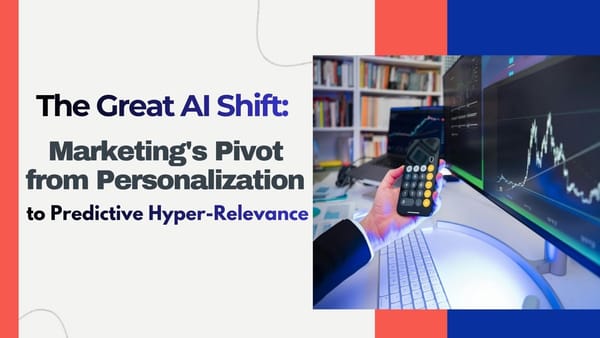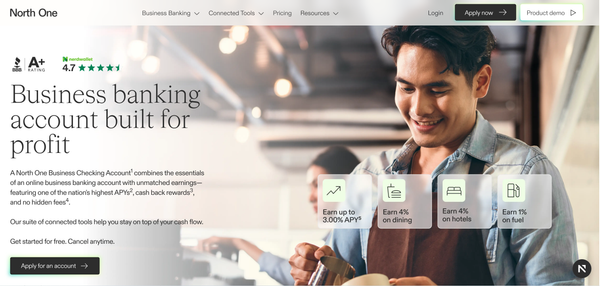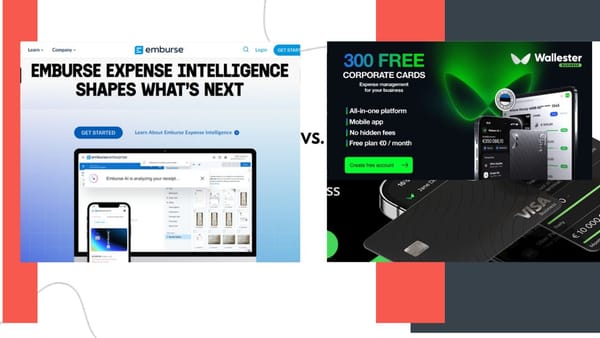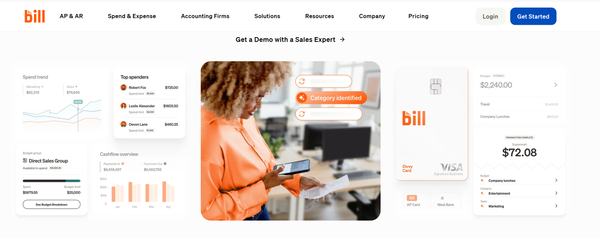Future websites built by AI

Future websites built by AI and machine learning can have a huge impact on the world of digital marketing. This is true partly because Google is becoming increasingly more AI-driven, attempting to answer search terms as questions rather than simply trying to match them to keywords used in a post.
More and more companies are indeed adopting chatbots, and machine learning algorithms are indeed applied to big data to better make use of the huge amounts of information that an average website will collect about its users.
But in the not-too-distant future, we might see an even bigger paradigm shift thanks to AI. We might see a time where websites themselves are built by AI!
Data-Driven Design
When building a website, you are often tempted to fall back to the things you personally love: the designs you find most appealing and navigation that seem intuitive. Obviously, this is not the right way to look at web design from a business perspective. no matter what you find attractive.
It should only matter what your users are interacting with well, after all, they are the ones you are targeting!
Especially if profits are your main goal, they should be designed to increase sales.
The smarter business owner will then turn to their website designer’s advice.
You will be using market research. And they might even use split tests. Split testing means creating two or more slightly different versions of the same website, to see which one is the best, then take on the style of the most successful version.
But what if these split tests could be done around the world and you could collect data from millions of samples?
And what if your web design adapts and evolved to get users to that buy button more and more efficiently? This is the promise of web design based on machine learning.
You can observe patterns of behavior on your website, across different websites, or even for a specific user. From there, you can customize your web design so that you can encourage users to click where they should click and read what they should read.
The maximum expression for this would be a web design that adapts in real-time to the user reading it, based on their demographics or personal history. That way, you’ll instantly become appealing to that prospect and then employ strategies that have been proven over millions of tests to help them make a purchase.
This could help website owners increase their conversion rates greatly while taking the guesswork out of web design. The integrity of your website … but if the business is your main concern then this would be the final and definitive form of web design.





